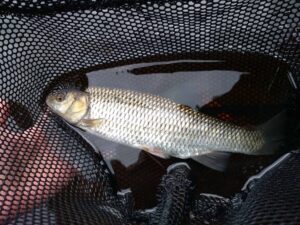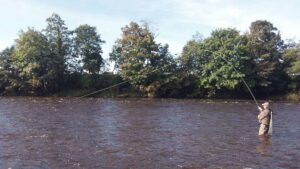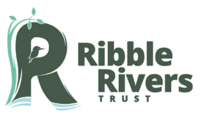When thinking of sport, not everyone will think of angling however, it is one of the most popular sports in the UK. The fishing industry is worth over £3 billion per year, with over 100,000 weekly participants and over 4,000,000 people having been fishing in the past 2 years.

Coarse fishing is the most popular type of fishing, with participants fishing rivers, canals, lakes, or ponds, and returning caught fish to the water. There are many types of coarse fish in the UK, but the most popular in the Ribble Catchment are dace, chub, and roach. There are also many different methods, or techniques used in fishing, and different tackle used for each technique.
Game fishing closely follows coarse fishing in terms of popularity, again participants fish in freshwater although this tends to be rivers, streams, or fishing lakes. Game fish are often taken for food, although the number, type and size that can be taken varies depending on river byelaws or fishery rules.
In the Ribble Catchment the most common game species are trout and salmon. Grayling are also caught using game fishing methods, but they are regarded as coarse fish. Again, there are many methods used in game fishing but game fishing, especially sea trout and salmon, can be more difficult due as spawning adults rarely eat when they return to rivers and so fishing lures do not work in the same way!


Getting into fishing doesn’t need to be expensive, tackle shops are happy to give advice to beginners, and basic kits can often be purchased for under £40.00. Perhaps the easiest way to start fishing is to go along with a family member or a friend who has been fishing before. Joining a fishing club is another useful place to start, many clubs offer taster sessions and events especially for those new to fishing. You can also fish some great beats in the Ribble Catchment thanks to our Angling Passport scheme, take a look at our Angling Passport webpage to find out more.
If you are aged 12 or over, you will need to have a fishing licence before going fishing. You may also need to pay the fishing club or owner of the beat that you choose to fish at, and you will need to ensure that you are aware of any additional byelaws.

